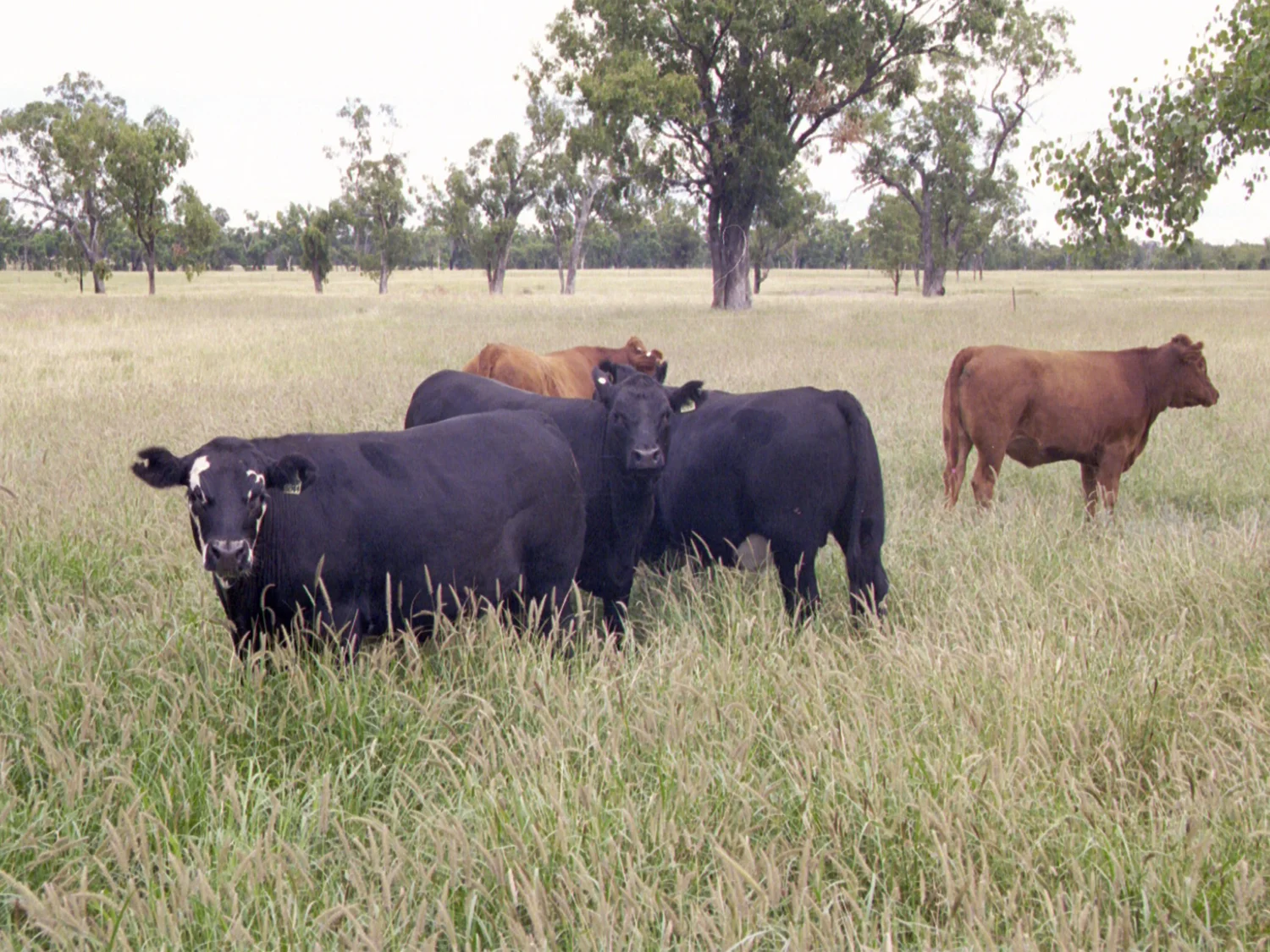
Angus Beef
Producers brag about their meat by including the word 'Angus' everywhere they can, and before wagyu beef blew up outside of Japan, it was considered premium beef. But is it actually premium beef?
This article by ABC News revealed a concerning change for the standards of Angus beef. AUS-MEAT, an industry-owned not-for-profit, has lowered the bar for exported Angus.
"[Currently[] Beef must come from cattle with at least 75 per cent Angus genetics to qualify for the brand when sent overseas. But the industry has agreed to drop that requirement to 50 per cent, creating new opportunities, especially for northern and dairy cattle producers."
Now, this is for exported beef, which means producers who are sending 'Angus' overseas can label their meat with the honorific if the cow is 50% or more Angus. So that means mummy cow is purebred Angus and daddy cow is another kind of cow. The ABC article clarifies that there are no plans yet to change the standards for domestic beef.
"Mr Wright said it was unlikely the 50 per cent grade would be sold in Australia, but even if it was, he expected domestic consumers would stick to the higher grades. "Australians, when they're eating out or buying in a retail environment, they want the best quality product they can get," he said. "I just can't see the demand for a 50 per cent product domestically."
So, at this stage, domestic Angus will remain at 75% genetic material. If you walk into a grocery store and see an Australian made steak with that label on it, it is going to be 75% Angus. What can we learn from this? There's two things.
#1 is to keep an eye on commercial production because standards can change very quickly, and not in the right direction!
and #2, consider your options when buying imported meat. Australian producers are exporting worse quality meat and still receiving high premiums, all in pursuit of profit, and we have to assume other countries are doing the same. A huge percentage of pork sold on our shelves are imported. What quality is that? It's worth thinking about.
There is a way to skip the stress of understanding marketing labels and risking buying lower quality meat: buying from an organic butcher. We think we're a good option. Our Angus beef, provided by Elliott Agriculture, a family ran farm in the Darling Downs, who have advised us that his cattle are conservatively 90%+ Angus (likely better than 90%) , with some of the older breeders being a mix of Angus and other British breeds (eg Hereford). Over the next few years this will increase to 100% as the older breeders are retired.

picture from Elliott Agriculture
90% is obviously far better than the 75% Angus beef sold on supermarket shelves. Even products that are marketed as premium Australian Angus beef contain lower quality ingredients and a higher price tag compared to the quality of organic, locally produced ingredients found in our sausages, steaks, rissoles and other meat cuts.
If the quality of food you buy is very important to you, consider supporting a butcher who values transparency, quality and environmental protection - Sunshine Coast Organic Meats!
